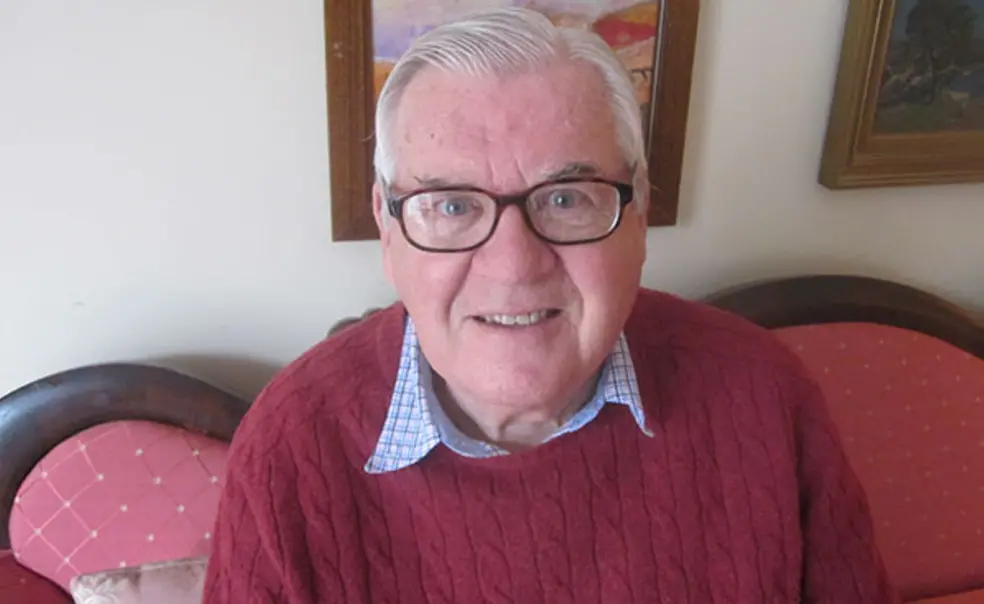David Jordan ’56 Continues Discovering New Topics as Biographer
David M. Jordan ’56 wrote his senior thesis about Roscoe Conkling, a New York senator in the 19th century and the only person confirmed to a seat on the Supreme Court who then refused the post.
After graduation, Jordan occasionally would talk about Conkling to family and friends. His wife, after hearing the anecdotes, challenged him to write a book. He accepted, and made several trips to Conkling’s hometown of Utica, N.Y., to conduct research.
At the time, Jordan was an attorney and a government official in Jenkintown, Pa. The Conkling biography that he wrote, published in 1971, was a finalist for the Pulitzer Prize, and it sparked a second career as an author that has continued for more than four decades.
“I always enjoyed writing — papers at Princeton, documents for Jenkintown borough council and the Democratic party,” says Jordan, who majored in history. “It seemed to come naturally. I enjoy the creative part, to put my thoughts down on paper on a subject I have picked out for particular reasons. I guess I just had a lot of available energy to practice law, write books, and help run Jenkintown. It didn’t seem so hard at the time, though looking back makes me wonder.”
Jordan, a passionate baseball fan, has written histories of Philadelphia’s baseball teams, the Athletics and the Phillies. He was eight when he saw his first game, watching Detroit Tigers pitcher Hal Newhouser beat the Athletics with a two-hit shutout. Newhouser became Jordan’s hero, and the author eventually wrote a biography of the hurler. Newhouser credited that book for helping him earn election to the Baseball Hall of Fame by the Veterans’ Committee in 1992.
After retiring, Jordan wrote a book on the 1944 presidential election and biographies of Civil War Union generals Winfield Scott Hancock and Gouverneur K. Warren. He also penned a book on Pete Rose, baseball’s banished all-time hit leader.
Jordan didn’t know what his next book, his 11th, would be, until a classmate and friend suggested a topic: Joseph Illick ’56 said he should write about Robert A. Lovett, who played an important role in the Roosevelt and Truman administrations during and after World War II.
“Illick thought Lovett was an interesting and overlooked figure,” says Jordan, who recently completed the manuscript. Lovett, Jordan discovered, made several notable contributions, including helping to develop the heavy-bomber program critical to Germany’s defeat and working to build the Marshall Plan and NATO during his service at the state department. He also advised President John F. Kennedy during the Cuban Missile Crisis. (Lovett received an honorary degree from Princeton in 1952.)
In addition to writing books, Jordan has served as president of the Class of 1956 and frequently visits campus. The University, he says, “played a big part in my life.”












No responses yet